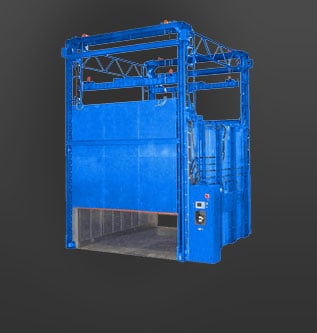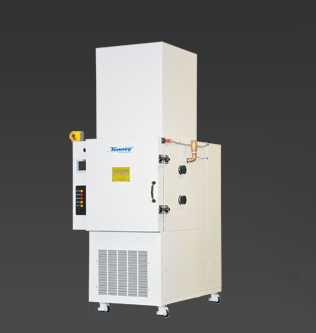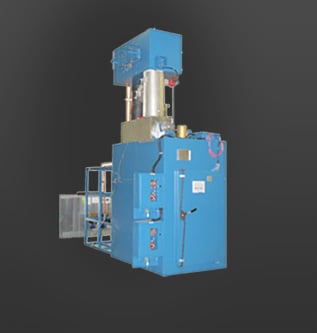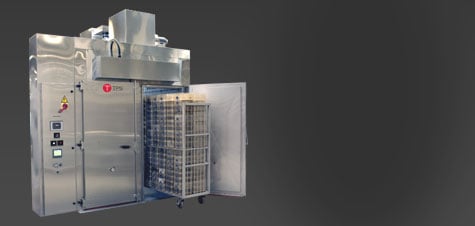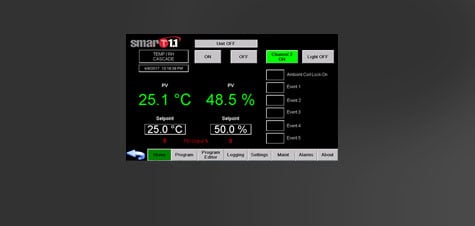
Think : Thermal : Keeping the Environment in Mind This Earth Day
Posted on April 15, 2016 in Blog
The Pressing Need for Business Sustainability
Between 1990 and 2010, greenhouse gas emissions increased from 34,000 million metric tons to over 45,000 million metric tons. The responsibility of conservation largely falls on businesses, due to the tremendous environmental impact that industrialism has on the planet. It is essential that businesses strive to create a business model that is efficient, environmentally friendly, and sustainable. Placing a high emphasis on resource conservation will help the environment continue to grow and flourish.
Thermal Product Solutions (TPS) Is Dedicated to Sustainability
Earth Day is just around the corner, and it serves as a reminder of how fragile and important our environment is. Businesses rely on resources from the environment, and similarly need to demonstrate a commitment to that environment in return. At TPS, we are devoted to manufacturing products that are designed to minimize the consumption and waste of energy resources during operation.
Developing Greener Products
While it is important to ensure the facilities produce as little waste as possible, producing equipment that run efficiently also supports the sustainability of resources. At TPS we have developed an energy efficient CHIL construction that is used on our industrial ovens rated up to 650°F. This CHIL construction features separated, insulated inner and outer surfaces with pliable, final seal silicone rubber gaskets. The design also uses efficient Inconel sheathed heating elements. The CHIL design utilizes less energy to maintain the operating temperature of the oven and minimizes heat loss. By reducing the heat loss the ambient shop temperature stays cooler saving on energy usage and cost for air conditioning the workplace.
Another energy efficient feature of our industrial ovens is the use of SCR power controls. This eliminates the undershoot and overshoot of temperature at set point, and improves temperature uniformity throughout the oven chamber due to the elimination of heat surges, and energy savings associated with a reduced current draw once the oven reaches operating temperature. Typically, the current draw may drop to the 50% or 60% level after initial heat-up.
One of the product lines that TPS developed to eliminate water consumption and waste that is typical in the sterilization process is the Steri-Dry™. Typical autoclave sterilization practices use steam. In comparison the Steri-Dry™ is a dry heat sterilizer that completely eliminates the need for water throughout the entire sterilization process. The chart below depicts the significant water and energy savings that the Steri-Dry™ provides. In a time where fresh water reserves are depleting rapidly and agriculturists are struggling to grow food in increasingly arid climates, water conservation is particularly important.
